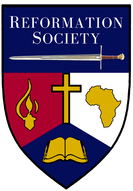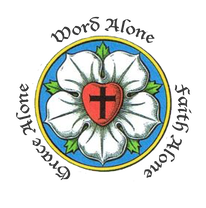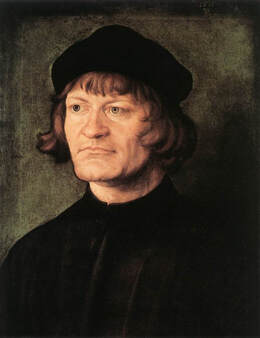 To listen to the audio of Back to the Bible – Zwingli Style on From the Frontline, click here. To watch the video of this presentation, click here. To listen to the audio lecture as presented to the Reformation Society, click here. 1 January marks the birthday of Swiss Reformer Ulrich Zwingli and of the launch of the Reformation in Switzerland. It was on 1 January 1519 that Ulrich Zwingli began expositionary preaching in Zürich, starting with the Gospel of Matthew, Chapter 1. Ulrich Zwingli was the father of the Reformation in Switzerland. Born and raised in the Alps, Zwingli was one of the most colourful and audacious characters in Swiss history. A devout student of Scripture, Zwingli was transformed and shaped by the Word of God. He has been described as "an amazing combination of intellect, passion and wit." Man of the Mountains Born at an altitude of 3,600 feet (1,100 metres), the son of the Mayor of Wildhaus, Zwingli studied in Bern, Basel, and Vienna. In 1506, he received his MA degree. As a pastor in Glarus, Zwingli served as a chaplain with Swiss mercenary soldiers in Italy. The Swiss regularly hired out their men to fight for foreign powers. At that time, the Swiss generally believed that their national economy depended on this war industry. 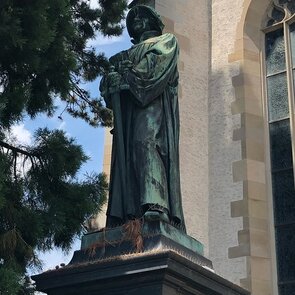 "Selling Blood for Gold" During the Italian campaign, Zwingli saw 6,000 Swiss youth die, in the service of the pope, at Marignon. He returned home convinced that "selling blood for gold" not only was a waste of young manhood through senseless violence, but also it was corrupting the men's souls through avarice, pride and greed. He observed that the entire country was deteriorating spiritually and morally under the lure of gold from foreign princes. Zwingli spoke out boldly: "The situation is very serious, we are already contaminated. Religion is in danger of ceasing amongst us. We despise God…" Zwingli's outspoken preaching against this lucrative profession cost him his pulpit in Glarus. Forced out of Glarus, he was able to secure a pastoral position at Einsiedeln - where he continued to preach against mercenary service. Won by the Word When Erasmus's New Testament in Greek appeared in 1516, Zwingli immediately purchased a copy. Zwingli taught himself Hebrew and Greek and wrote out and memorized Paul's Epistles in the Greek New Testament. He carried around his little pocket edition with him, memorizing much of the New Testament. Zwingli was shocked to find that there was a world of difference between the teachings of the Bible and the teachings and practices of the Roman Catholic Church. 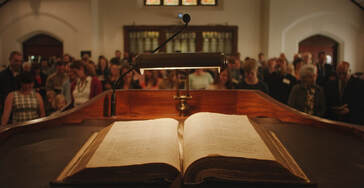 Launching a Reformation When Zwingli was appointed pastor at Grossmünster, (the Great Cathedral) in Zürich, he began his duties, on 1 January 1519, by preaching through the Gospel of Matthew. This bold action of replacing the mass with the preaching of the Word as the central focus of church services marked the beginning of expository preaching. Facing Death Shortly after he became pastor in Zürich, the city was hit by the plague. Zwingli showed his courage by giving no thought to his own safety, but staying in Zürich and ministering selflessly to the highly contagious victims. He himself was soon struck down with the plague, and nearly died. While in the grip of this debilitating illness, Zwingli wrote "The Song of the Plague" in which he shows a vibrant faith in the all sufficiency of God's grace in Christ Jesus: "Help me, O Lord, my strength and rock; lo at the door I hear death's knock. "Uplift Thine arm once pierced for me; that conquered death and set me free. "Yet if Thy voice in life's midday, Recalls my soul, then I obey. "In faith and hope earth I resign, secure of Heaven, for I am Thine. "My pains increase; haste to console; for fear and woe seize body and soul. "Death is at hand, my senses fail, my tongue is dumb; Now, Christ, prevail. "Lo! Satan strains to snatch his prey; I feel his grasp; must I give way? "He harms me not, I feel no loss, for here I lie beneath Thy cross. "My God! My Lord! Here by Thy hand, upon the earth once more I stand. "Let sin no more rule over me; my mouth shall sing alone to Thee." 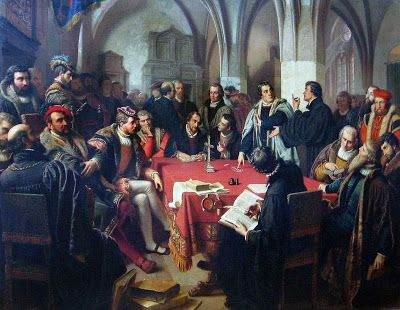 Revival Sweeps Zürich Zwingli recovered from this ordeal, his faith deepened and matured, his mind resolute. He called the people to return to the Bible as the sole standard of faith and practice, to recognise Christ as the only true Head of the Church. Zwingli attacked one Roman doctrine after another. He attacked unbelief, superstition and hypocrisy. Eagerly he strove after repentance, applying Christ's Lordship to all areas of life, in Christian love and faith. He emphasized the need to care for and protect widows and orphans, to maintain law and uphold justice. Zwingli was concerned that our personal Christian faith and love also result in justice established by the laws of the community. At the heart of the Swiss Reformation was a dynamic sense of Christian community. The Church is a genuine community, one in body and spirit, having the grace of Christ in common and bearing the fruits of the Spirit, the fruits of Christ and the Spirit of God. This unity must extend beyond matters of the spirit to social concern for the entire community, taught Zwingli.  Zürich Transformed As Zwingli systematically preached through the New Testament, he laid the foundations for the Reformation in Switzerland. In 1523, the City Council of Zürich voted to become Protestant. At the First Zürich Disputation, in 1523, the City Council and 600 citizens, convened in the City Hall to observe the debate between Ulrich Zwingli and four delegates from the Bishop of Constance. At this gathering the city formerly adopted the Reformation and encouraged Zwingli to continue with his Reforms. In Zwingli's 67 Theses, which he made public at The First Zürich Disputation (29 January 1523), he stated: "3. Christ is the only way to salvation for all who ever were, are and shall be." "19. Christ is the only mediator between God and ourselves. "42. But if ministers are unfaithful and transgress the Laws of Christ, they may be deposed in accordance with God's Will. "56. Whoever remits any sin only for the sake of money is the companion of Simon (Magus) and Balaam, and a real messenger of the devil." Diethelm Roist, the Mayor of Zürich from 1524 to 1544, became the chief supporter of Zwingli's Reformation in Zürich. Without Roist's support and protection, it was unlikely that Zwingli's Reformation would have succeeded. Zwingli was a patriotic Swiss Republican. He was able to create an entirely new Switzerland without any compromise with old unbiblical customs, and free from all foreign bondage and interference. With the support of the City Council, Zwingli launched a comprehensive programme of Reform. The City Council of Zürich put an end to mercenary service. All images, statues and relics were removed from the church buildings. The mass was abolished. Altars, processions and other trappings and superstitions were discarded. The school system was reformed. Monastery buildings were turned into hospitals and orphanages. The Bible became the basis for all law. All Zürich clergymen were ordered to preach only from Scripture. Priests, monks and nuns were permitted to marry. 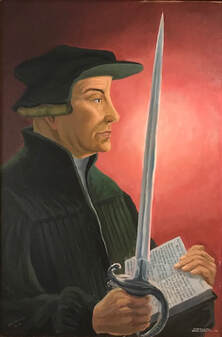 Work Ethic Restored Zwingli worked hard to shift the Swiss economy from dependence on mercenary service to agriculture and trade. He urged the people to productive labour: "You are a tool in the Hands of God. He demands your service… how fortunate you are that He lets you take part in His work." From Death to Life Zwingli compared the moral sickness and spiritual death of sin to the plague, which had killed one out of every three people in Zürich, and he compared their physical recovery to health to the need for spiritual Reformation of the church and society. The Bible Translated Zwingli began to translate the Scriptures into Schweizer-Deutsch (Swiss-German). His lively and dynamic translation reflects his upbringing amidst the towering mountains and lush valleys of Switzerland's Alps. For example in Psalm 23 he wrote: "In schoner Alp weidet Er mich"(In the beautiful Alps He tends me). Zwingli compared the Word of God to the mighty Rhine River that flowed out of the Alps: "For God's sake, do not put yourself at odds with the Word of God. For truly, it will persist as surely as the Rhine follows its course. One can possibly dam it up for a while, but it is impossible to stop it." 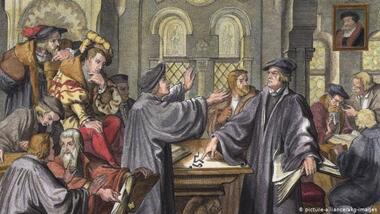 A Solemn Duty Zwingli took his pastoral duties most seriously, writing that they "inspired in me more fear than joy, because I knew, and I remain convinced, that I would give an account of the blood of the sheep which would perish as a consequence of my carelessness." Marriage Earlier, on behalf of 11 other priests, Zwingli had written to the Bishop of Constance seeking permission for priests to marry. This the Bishop had refused. Now, after 2 years of secret marriage, Ulrich married Anna Reinhart, a young widow with 3 children. Ulrich and Anna Zwingli were blessed with another 3 children in their marriage. Evangelising in the Market Place Zwingli preached in the market place on Fridays that the crowds from surrounding villages might hear the Word of God. He proclaimed the sufficiency of faith in Christ, the deficiency of superstition and indulgences, and the necessity of true repentance and holy living. He also emphasized the importance of caring for the poor and needy, the widow and the orphan. Grace could not be bought or sold. Zwingli confessed his own sins publically, including an affair with a nun while a priest in Einsiedeln, and declared Christ's saving grace to be sufficient for the salvation of all who truly repent. Zürich's freedom-loving city, known for its efficient army and love of political independence, found itself drawn to this dynamic preacher and Reformer. 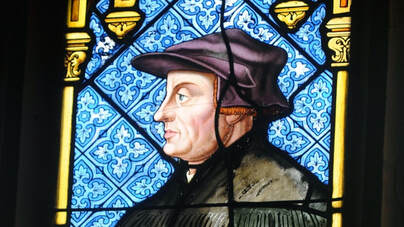 The Disaster of Disunity It is unfortunate that attempts to bring about a unity between the Swiss and the German Reformations failed. Prince Philip of Hesse, in his attempt to bring about a political alliance of Protestant states, sponsored the Marburg Colloquy between Martin Luther and Ulrich Zwingli. This historic meeting was held at Prince Philip's castle at Marburg. Although Zwingli and Luther agreed quickly on 14 Articles of Faith, there was sharp disagreement on the 15th Article - concerning the Lord's Supper. Luther and Zwingli came from very different backgrounds and perspectives, and at several points the debate was harsh and acrimonious. At other points the parties appeared to seek each other's forgiveness for name-calling and for the break down in charity. Ultimately, however, their attempt to forge a theological union, that could be the basis of a political and military alliance failed. As Reformers, Zwingli and Luther had so much in common. They both rejected the authority of the Pope and held to the authority of Scripture alone. They both agreed to the principle of justification by faith alone and rejected the concept of the mass as a sacrifice. Zwingli had been very complimentary of Luther, describing him in classical allusions "that one Hercules… who slew the Roman boar." Zwingli also attributed Biblical titles to Luther: "Here indeed you were the only faith David anointed hereto by the Lord and furnished likewise with arms." But Zwingli did not think that Luther's Reformation went far enough. While Luther taught that whatever is not condemned in Scripture is permitted. Zwingli taught that whatever is not specifically commanded in Scripture should be prohibited. Luther regarded Zwingli as a Schwarmer (a fanatic). Luther insisted that they had to take the Lord's Word's "This is My body" literally. Zwingli maintained that this has to be understood as a metaphor (as in "I am the Vine" and "I am the Bread of Life"). After the resurrection, Christ ascended bodily into Heaven and sits at the right hand of God. Christ is omnipresent only in His Divinity, not in His humanity. "The Spirit gives life, the flesh is of no avail." 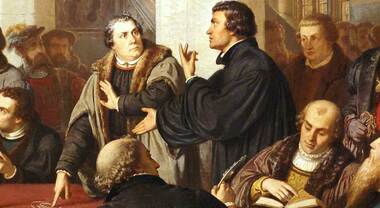 The Lord's Supper To Zwingli, the chief significance of the Lord's Supper was that it was a meal eaten in celebration, in remembrance, and in thanksgiving, for what God has done in Christ, but also to exhibit the transformed fellowship of believers. Zwingli had limited the number of Eucharistic services to 4 times a year, while Luther's Eucharist services were held every Sunday. Zwingli maintained: "I believe that the real Body of Christ is eaten in the Lord's Supper, sacramentally and spiritually by the religious, faithful and pure mind, as also St. Chrysostom held." While the Enemy Mobilised It was one of Zwingli's greatest regrets that he and Luther could not come to any point of agreement on this 15th doctrinal point. Zwingli urged toleration for the different views. Luther regarded Zwingli's plea for toleration as an indication that the Zürich pastor did not take his own views seriously enough. With the forces of Charles V of the Holy Roman Empire mobilising against them, Philip of Hesse was frustrated in his attempts to bring about a union between the Protestants in Switzerland and Germany. 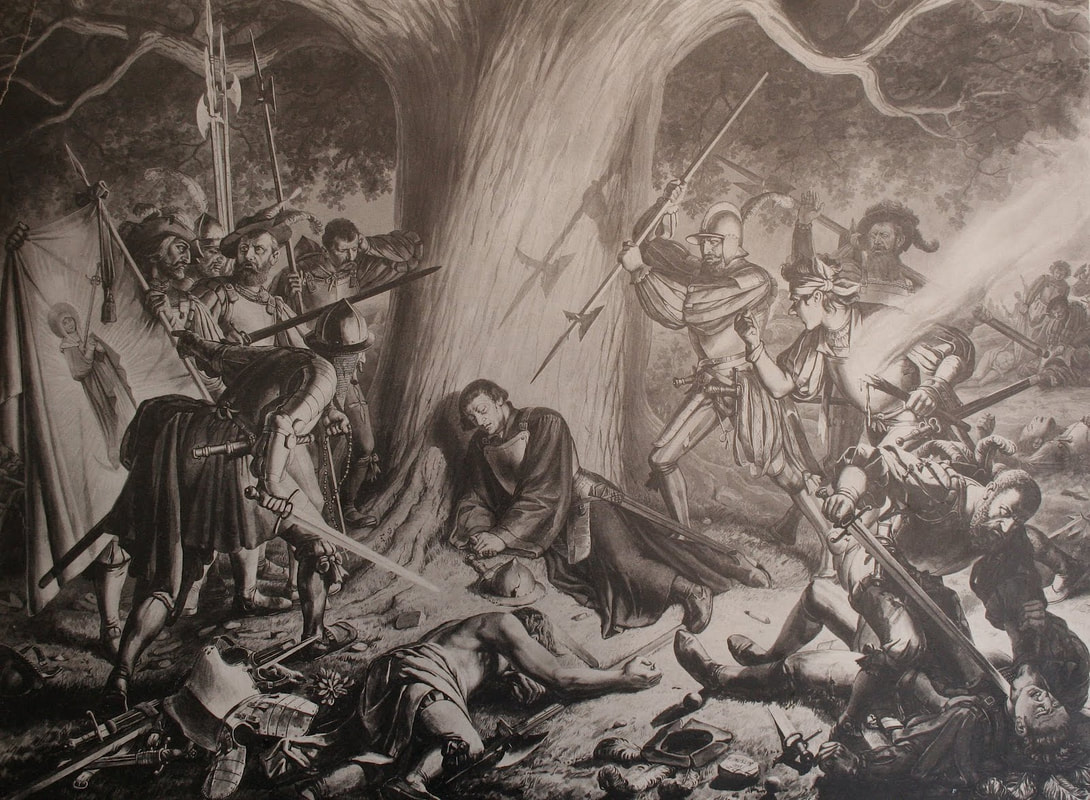 The Battle of Kappel From the time that Zwingli began his expository preaching on the Gospel of Matthew, 1 January 1519, he only had 12 years to establish the Reformation in Switzerland. He died in battle, fighting to defend Zürich from attack, in 1531. In 1529, a Protestant missionary from Zürich was burned at the stake for preaching the Gospel in the Catholic Canton of Schwyz. Zürich stopped trading with Schwyz in protest. The Catholic Cantons declared war. In October 1531, 8,000 Catholic soldiers met 1,500 Protestant soldiers in battle at Kappel. Historian Myconius described Zwingli's death at the Battle of Kappel: "Three times Zwingli was thrown to the ground by the advancing forces, but in each case he stood up again. On the fourth occasion, a spear reached his chin and he fell to his knees saying: ‘They can kill the body, but they cannot kill the soul'." Steadfast to the Last Zwingli's successor, Heinrich Bullinger, added these details: "While the Catholic forces were looting the bodies of the dead and dying, they found Zwingli still alive, lying on his back, with his hands together as if he was praying, and his eyes looking upward to Heaven… He was stricken with a mortal wound, so they asked whether a priest should be fetched to hear his confession. At this, Zwingli shook his head… They encouraged him to call upon Mary, the Mother of God and upon the Saints." When Zwingli again shook his head, the Catholics cursed him, and said that he was one of the obstinate, cantankerous heretics and should get what he deserved. One of the Catholic captains then drew his sword and thrust Zwingli through. When his body was identified, there were tremendous shouts of joy throughout the Catholic camp. It was decided to quarter his body and burn the portions, throwing into the fire the entrails of some pigs and mixing the pig offal with Zwingli's ashes, scattering it to prevent a burial of the great Reformer. 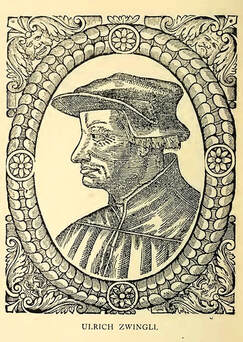 An Enduring Legacy Although Zwingli's career had been cut down at the Battle of Kappel, he laid firm foundations, which were later built upon by Heinrich Bullinger and John Calvin. Zwingli succeeded in establishing a thoroughly Reformed Church in Zürich, which served as a model for the Swiss National Protestant Church. Zwingli's model of Reform was adopted in Bern, Basel, Schaffhausen, Zürich and later Geneva. His courageous preaching was successful in putting an end to the Swiss custom of selling its soldiers for mercenary service to the French and to the Papacy. The deep internal divisions between the various Protestant cantons were healed shortly after Zwingli's death by a military alliance (The Christian Civic Union), which succeeded in securing the independence of Switzerland. Zwingli's dream of establishing a European-wide alliance against the Hapsburgs was not fully realized, but Bern did make an alliance with Hesse, Strasburg and Constance. Without Bern's military support, Geneva could never have become the international centre of Protestantism, which it achieved under the leadership of John Calvin. Zwingli's successes and sacrifices were effectively built upon by his successor Heinrich Bullinger, who from 1531 to 1575 served as pastor in Grossmünster. Until the founding of the Geneva Academy by Calvin in 1559, the Carolinum in Zürich was the only Theological College in Europe where students could study Reformed Theology. The Academy in Geneva, and universities of Heidelburg and Holland, built upon the good foundations laid in Zürich. The English Prayer Book, The 39 Articles, and the Puritan emphasis on Head and Heart, Doctrine and Devotion, as well as the Reformed Episcopacy, adopted by the Church of England, were all built upon the teachings of Ulrich Zwingli and Heinrich Bullinger - which English exiles learned during their time in Zürich. Bullinger, Farel, Viret, Calvin and Beza all consolidated and continued the Reformation begun by Ulrich Zwingli. "For to me, to live is Christ, and to die is gain." Philippians 1:21 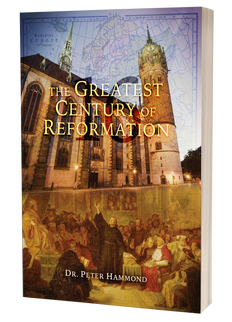 Dr. Peter Hammond Coalition on Revival P.O. Box 74 Newlands 7725 Cape Town South Africa Tel: 021-689-4480 [email protected] www.reformation.net www.churchcouncil.org www.ReformationSA.org www.reform500.org Click for details of the Reformation 500 Global Church Council Zürich (15-19 July 2019) Reformation 500 Church Council Zürich Authority of the Scripture Biblical Hermeneutics Ulrich Zwingli - The Reformer of Zurich Essentials of Christian World View
1 Comment
Melanie Low
1/1/2023 02:44:21 am
This has been a pleasure to read. I have never heard of Ulrich Zwingli.
Reply
Leave a Reply. |
History ArticlesCategories
All
Archives
May 2023
|
- Home
-
History Articles
- History Articles
- All Categories
- Character Studies
- Greatest Century of Missions
- Greatest Century of Reformation
- Reformation In Bohemia
- Reformation In England
- Reformation In France
- Reformation In Geneva
- Reformation In Germany
- Reformation In Italy
- Reformation In Scotland
- Reformation in Switzerland
- Victorious Christians
- Contemporary Articles
- Resources
- Contact
- Donate
|
The Reformation Society
PO Box 74, Newlands, 7725, South Africa Tel : (021) 689-4480 Email: [email protected] Copyright © 2022 ReformationSA.org. All rights reserved |
- Home
-
History Articles
- History Articles
- All Categories
- Character Studies
- Greatest Century of Missions
- Greatest Century of Reformation
- Reformation In Bohemia
- Reformation In England
- Reformation In France
- Reformation In Geneva
- Reformation In Germany
- Reformation In Italy
- Reformation In Scotland
- Reformation in Switzerland
- Victorious Christians
- Contemporary Articles
- Resources
- Contact
- Donate
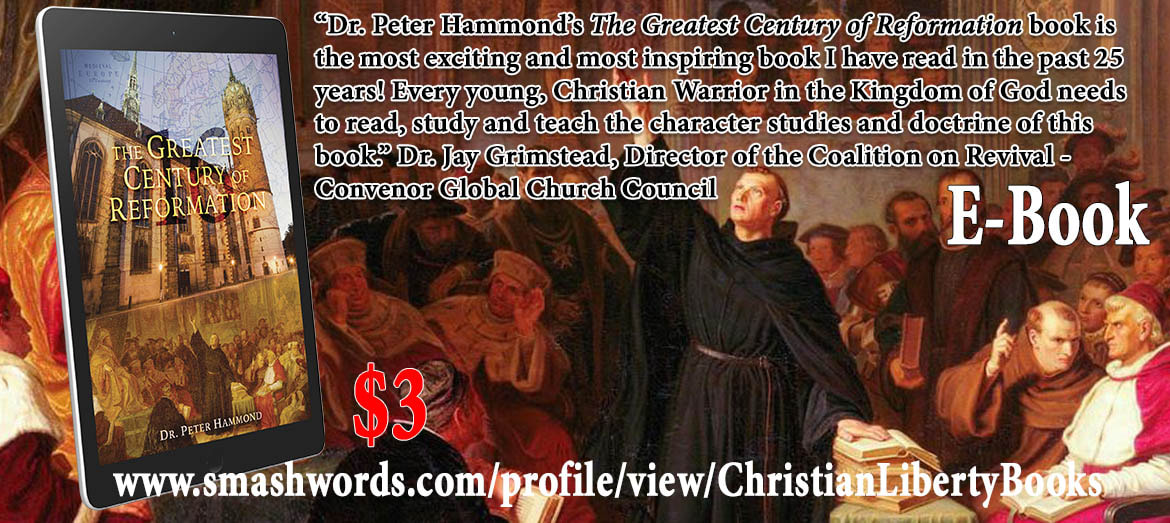
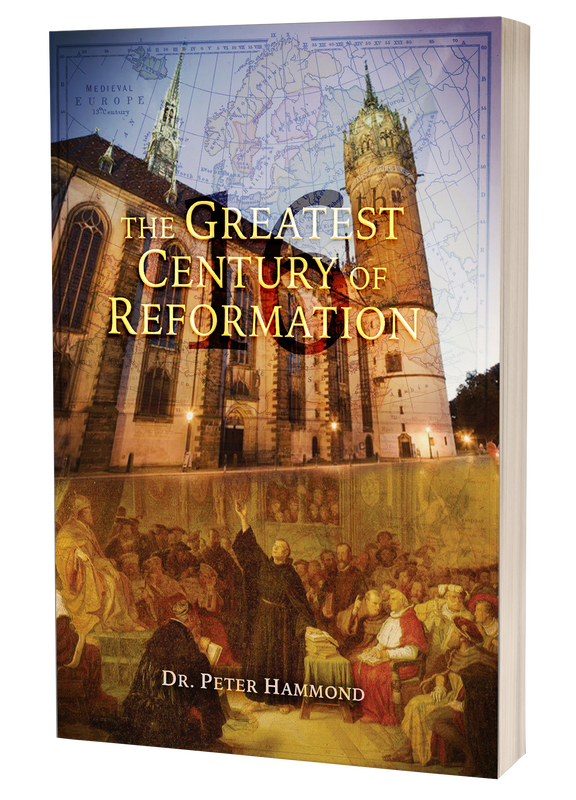
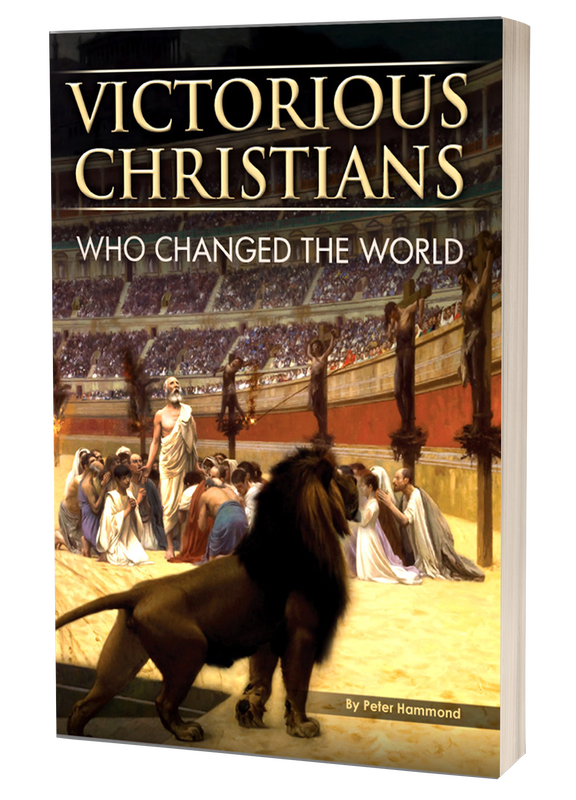
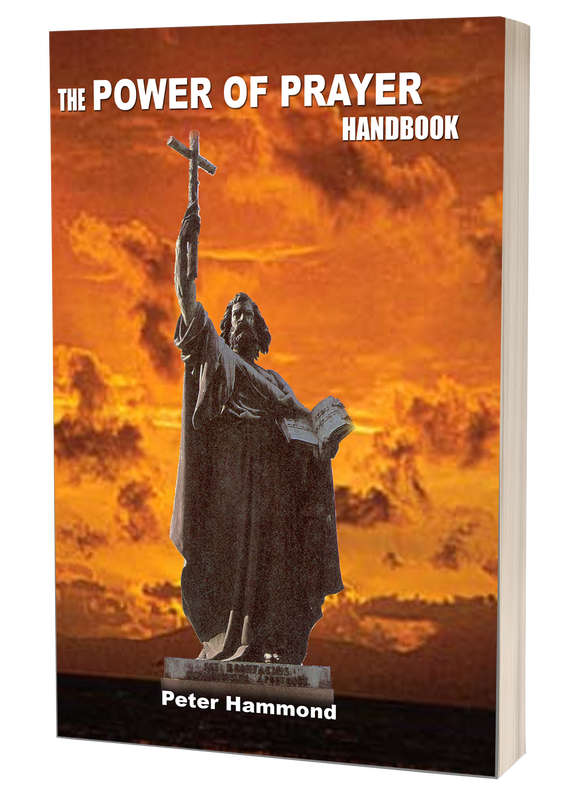
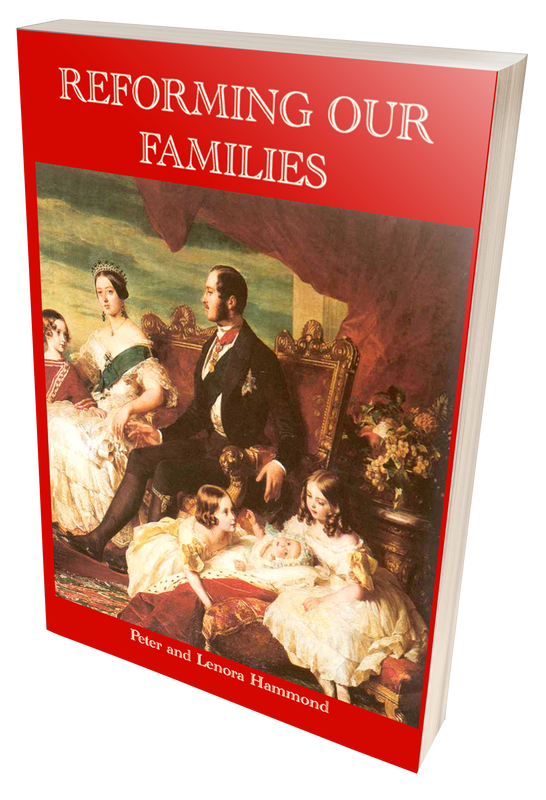
 RSS Feed
RSS Feed
